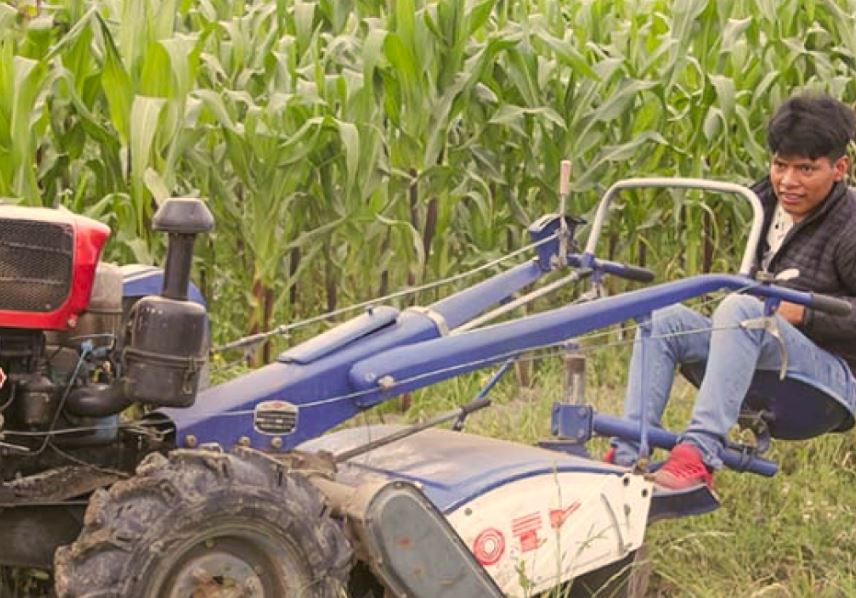UN Report Highlights Importance of Eco-Farming to Feed World’s Hungry
(MissionNewswire) Developing countries could double their food production within 10 years with support for ecological agriculture, according a recent United Nations report.
The report, which was presented to the U.N. Human Rights Council, found that “Agroecological” (or “eco-farming”) projects have led to an average crop yield increase of 80 percent in 57 developing countries. The average increase in Africa is even higher at 116 percent. Ecological agriculture focuses on organic and sustainable practices rather than the use of pesticides and chemical fertilizers.
According to the U.N., as world food prices continue to climb, feeding the world’s population will become increasingly difficult. It estimates that the world, now populated by 6.7 billion people, will expand to 9 billion by 2050.
“We urgently need to adopt the most efficient farming techniques available,” says Olivier De Schutter, U.N. special rappoteur on the right to food and the author of the report. He adds, “Today’s scientific evidence demonstrates that agroecological methods outperform the use of chemical fertilizers in boosting food production where the hungry live – especially in unfavorable environments.”
The report notes several examples of agroecological projects including one in West Africa. There, stone barriers built alongside fields have slowed down runoff water during the rainy season, allowing an improvement of soil moisture, the replenishment of water tables and reductions in soil erosion.
“Sustainable agriculture practices have the power to transform communities and countries,” says Jaime Correa-Montalvo, director of the Salesian Missions Office for International Programs. “This report shows the importance of ensuring small farmers are given the support they need through hands-on training on farming systems that promote the adoption of environmentally safe appropriate technologies that are affordable and culturally acceptable.”
Salesian Missions currently operates more than 90 agricultural schools in developing countries around the world.
“Agriculture schools in Ecuador train their students on farming methods with the goal of increasing crop yields,” says Correa-Montalvo, adding that the Paute-Uzhupud and Cayambe Salesian Schools in Ecuador and the Muyurina Agricultural School in the city of Montero in Santa Cruz, Bolivia serve 562; 1,128; and 800 students, respectively.
Correa-Montalvo concludes, “As the spotlight on food and farming techniques grow, we will continue to focus on the sustainable and ecological methods that best serve each individual community.”
Related articles: Opportunity Grows at Agriculture School in Haiti
Sources:
Eco-Farming can double food production in 10 Years, says new UN report
UN expert makes case for ecological farming practices to boost food production




